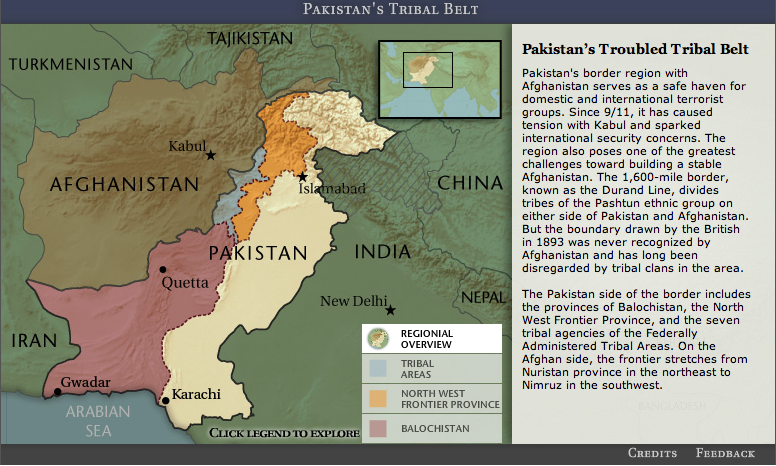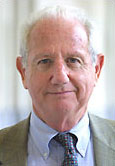CFR.org | Pakistan’s Broken Border
/The frontier between Pakistan and Afghanistan serves as the flash point for tensions between the two countries as Kabul grows increasingly critical of Islamabad's seeming inability to control cross-border raids by Islamic militants. The solution proposed by Pakistan last month to mine and fence the roughly 1,500-mile Durand line (VOA) did little to reassure Afghans, who have long disputed the boundary. Afghan President Hamid Karzai, whose criticism was echoed by Washington and the United Nations, said Islamabad should instead eliminate terrorist sanctuaries (BBC) within Pakistan rather than separate families who live in the border region. Pashtun tribal leaders on both sides of the boundary warn if Pakistan carries out the plan they will remove any barriers or mines (Pajhwok Afghan News).


